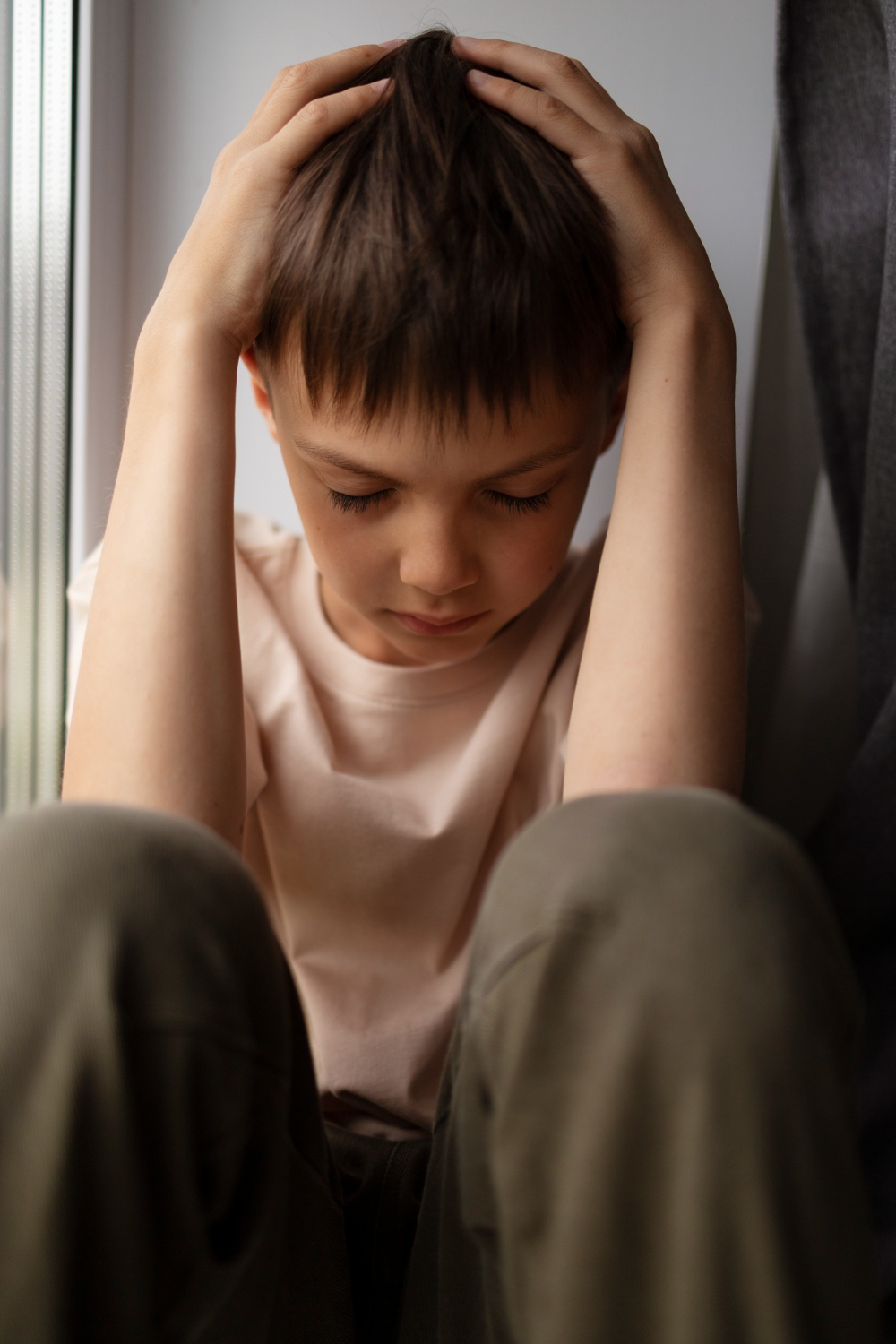“His baseline is dysregulated.”
That was the phrase. Spoken by a school principal, offered without irony. As though it were a neutral observation, not a damning admission.
The term “baseline” is not vague. It is a clinical and educational concept referring to a person’s typical state when they are not under threat or distress—the foundation of their regulation, not its opposite. To say that a child’s baseline is dysregulated is to admit that the environment is so persistently intolerable that distress is no longer a deviation. It is the norm. It is expected. It is ignored.
This phrase collapsed years of struggle into a single sentence. It allowed school staff to interpret my son’s behaviour not as a signal of unmet need, but as an immutable trait. It marked the end of inquiry. The end of responsibility. The beginning of blame.
But my son is not born of chaos. He is exquisitely attuned, deeply sensitive to his surroundings, and painfully aware when he is being misunderstood. He masks expertly—so well, in fact, that after a full day of holding in his distress, he often unravels within minutes of reaching the safety of home. This is not poor behaviour. This is post-traumatic release.
I wrote an email to the principal, years ago:
“When he’s had a long break, we often get feedback that he is ‘engaged’, but often that means he is trying very hard to mask for a majority of the day, which he can’t keep up forever.”
I described his masking, his triggers, his sensory vulnerabilities. I offered solutions—quiet spaces, meaningful projects, gentle transitions.
When you label distress as baseline, you render it unremarkable. And when distress becomes unremarkable, intervention becomes optional. Support is withheld. Accountability dissolves. The child is left to adapt to the intolerable.
And they do adapt. That is the tragedy. They learn to contain panic behind stillness. They stop asking for breaks when breaks are denied. They lose access to fidgets locked in distant cupboards. They learn that verbalising needs is a gamble, and sometimes silence is safer. They master masking because it is what the adults require.
But there is a cost. Over time, the nervous system wears thin. Regulation becomes a performance rather than a state. And when that performance finally collapses, the child is punished again—for the failure to maintain the illusion of okayness.
Calling distress a baseline is not just wrong. It is negligent. It is an erasure of the child’s inner life. It is a refusal to ask: what might this child look like, sound like, feel like, if they were safe?
It is not the child who must adapt to a dysregulated baseline. It is the school that must recognise it as a warning.
Because distress is never the baseline. It is the alarm that something must change.
-
This broke me: a parent’s experience of school advocacy
Parenting is not a monolith. Neither is disability. Every family walks a different path, shaped by bodies, resources, identities, and institutions. This piece reflects one perspective—mine—as a disabled parent navigating systemic harm, health collapse, and the fierce love that remains. It is not…








